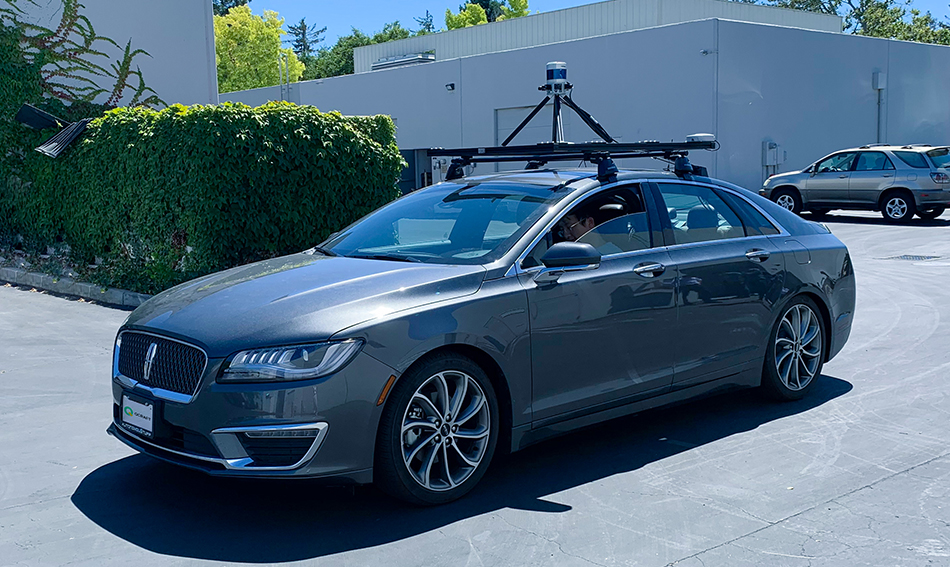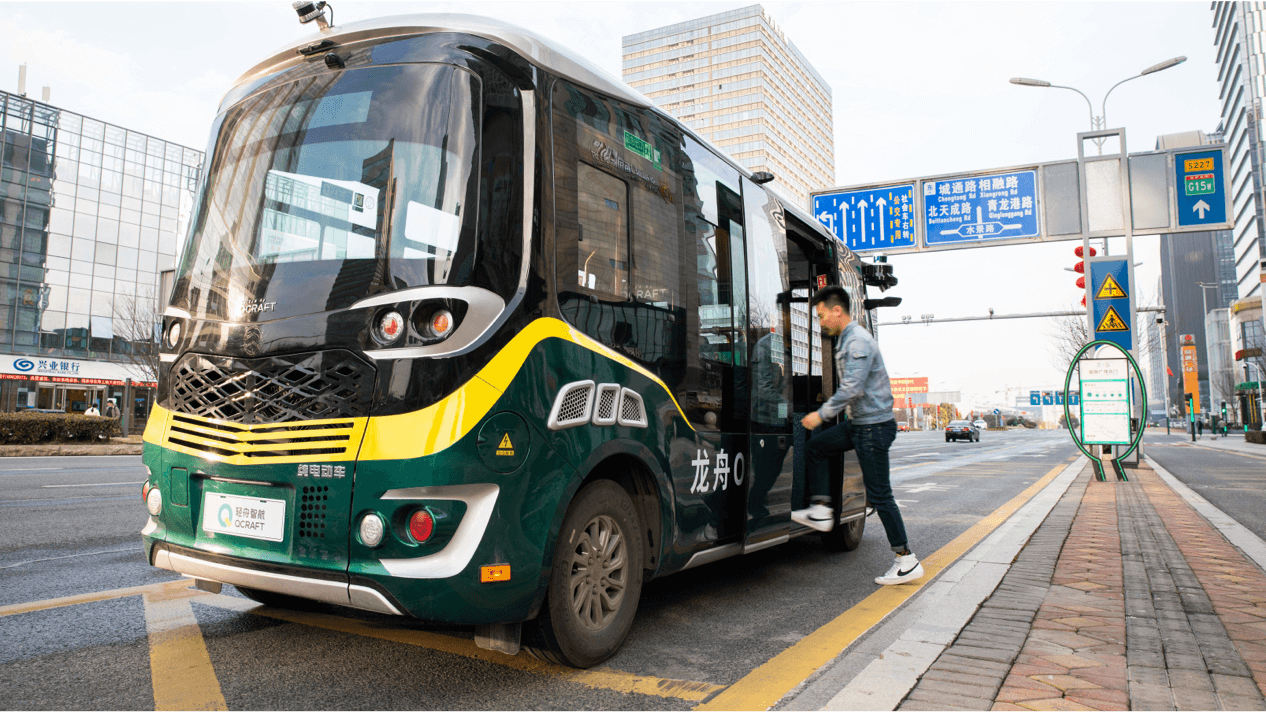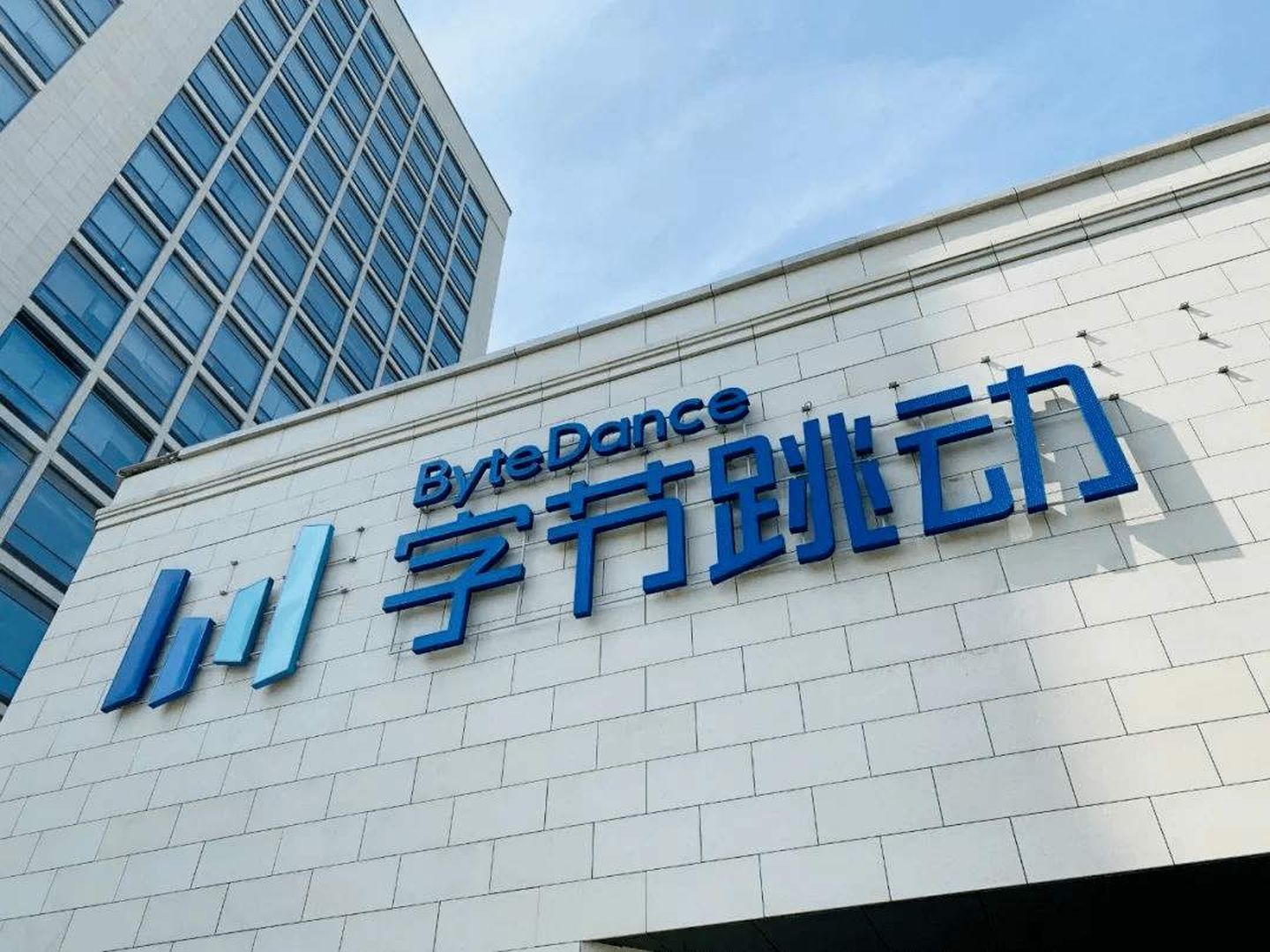On the evening of March 4th, Bloomberg reported that Chinese social media giant ByteDance is investing at least $25 million in a self-driving startup called QCraft. This round of funding for QCraft’s Series A also includes IDG Capital and Lenovo Ventures. The funds will be used to continue building their “Automated Production Super Factory” for self-driving technology.

(Image source: QCraft)
QCraft, which also goes by the name “Qingzhou Zhixing” in Chinese, was founded in Silicon Valley in 2019, with all four co-founders coming from Waymo and core team members from Waymo, Tesla, Uber ATG, Ford, Nvidia, Google, Facebook, and other autonomous driving or tech companies. QCraft is dedicated to developing L4 level autonomous driving technology that can adapt to complex urban traffic environments and provide partners with scalable autonomous driving solution. The company utilizes large-scale simulation systems and autonomous learning decision-making frameworks to reduce the cost of developing self-driving technology.

(Image source: QCraft)
Less than five months after its establishment, QCraft obtained a California autonomous driving road test license and began public road testing. In October 2020, the company launched the country’s first normalized public road unmanned bus in Suzhou. QCraft’s Longzhou ONE has already landed in multiple cities such as Suzhou, Shenzhen, and Wuhan, and will launch the country’s first self-driving shared shuttle bus later this year. QCraft’s Longzhou series self-driving buses are primarily used for scenarios such as subway shuttle lines, microcirculation public transportation, shared shuttle buses, expressway buses, commuting shuttle buses for industrial parks, and touring buses for scenic spots.
 ByteDance’s investment in Qcraft Intelligence Navigation is seen as a layout in the field of autonomous driving. ByteDance began researching autonomous driving technology as early as 2016, but the results were not significant. In May 2020, ByteDance officially formed a team for the connected cars industry, using employees from the original Hammer Technology team, to land its internet products such as Douyin, Xigua Video, and Toutiao on automotive terminals. Compared with other Chinese internet technology giants, ByteDance has less influence in the automotive industry, with seemingly limited determination. We look forward to ByteDance’s follow-up actions in the automotive field.
ByteDance’s investment in Qcraft Intelligence Navigation is seen as a layout in the field of autonomous driving. ByteDance began researching autonomous driving technology as early as 2016, but the results were not significant. In May 2020, ByteDance officially formed a team for the connected cars industry, using employees from the original Hammer Technology team, to land its internet products such as Douyin, Xigua Video, and Toutiao on automotive terminals. Compared with other Chinese internet technology giants, ByteDance has less influence in the automotive industry, with seemingly limited determination. We look forward to ByteDance’s follow-up actions in the automotive field.
This article is a translation by ChatGPT of a Chinese report from 42HOW. If you have any questions about it, please email bd@42how.com.
